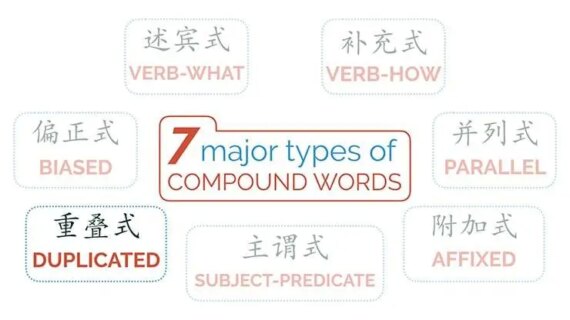Self in Chinese – Chinese Character 自 zì

自- zì- self, oneself, one’s own
This character is often thought of as a nose, which is what Chinese people point to when referring to “oneself/self” in Chinese. Westerners tend to point at their chests, Chinese point at their noses.
The meaning of the nose is easy to remember because the only difference between 自 (self in Chinese) and 目 (Eye in Chinese) is the little dot on top. That little dot between your eyes? Your nose!
So what words can we look at to understand 自(self in Chinese) more fully?
自己 (jǐ)
自己 is the most common usage of 自 in a word, and in this case it is a “Juxtaposed” compound word structure.
This simply means that both characters 自 and 己 have equal value, and in this word both of them have the meaning of “self”, so you guessed it, the word means “oneself”.
Chuck a pronoun in front of it like 我 (wǒ- I/me), 你 (nǐ- you) or 她 (tā- she/her) and you can get these:
我自己- myself
你自己- yourself
她自己- herself
How About Seeing How 自 (Self in Chinese) Is Used in Words That Express Ourselves?
自信 (xìn)
自恋 (liàn)
自卑 (bēi)
自觉 (jué)
All four of these words indicate emotion or set of emotions related to oneself. 自信 literally means “oneself-believe”, so if you believe in yourself you are confident.
自恋 is a fun word because it literally means “oneself-in love with”, aka narcissistic.
Perhaps you were originally very 自信, but over time that turned you into a very 自恋 type of person. All this caused all the people around you to dislike you, and then you became 自卑. This is a combination of “oneself” and “low or inferior”, which could be conceptualized as feeling oneself inferior.
自 觉 (jué)
The final word 自觉 literally means “self-feel” or “self-aware”. Therefore, people will often use it in the negative by saying “不自觉” (bú zìjué) to describe when someone is very oblivious. It can also be used in the positive to describe someone as conscientious.
Below are a few words where the second character is a verb. Therefore, the first character of 自 is indicating that the verb is done “by oneself”. Let’s take a look:
自动 (dòng)
自助 (zhù)
自杀 (shā)
自动 could be literally translated as “by oneself-take action”, but the much easier word in English for such a description is automatic.
自助 could literally be thought of as “by oneself-help”, and it is most commonly used in places like a buffet restaurant to mean self-serve.
杀 is the character for “to kill” in Chinese, so it’s unsurprising that suicide would be written as 自杀.
As you continue to learn character-by-character, the process of knowing what to do and how to study will become clearer and clearer. Hence making you a lot more 自信 in the process.
Curious to learn more? Read our blog posts about Chinese characters and the stroke order rules!








